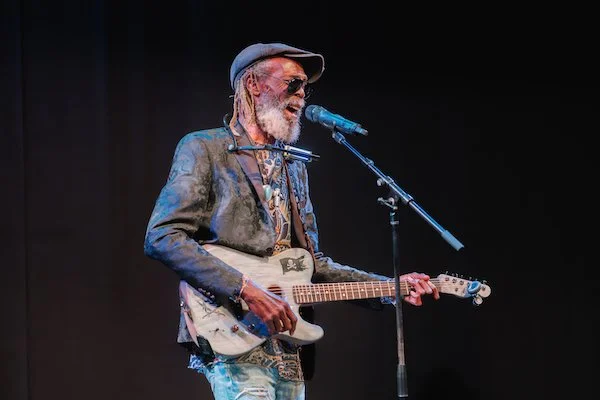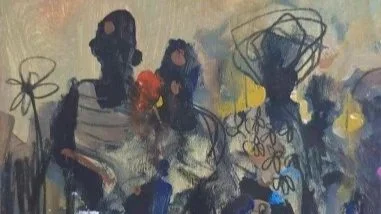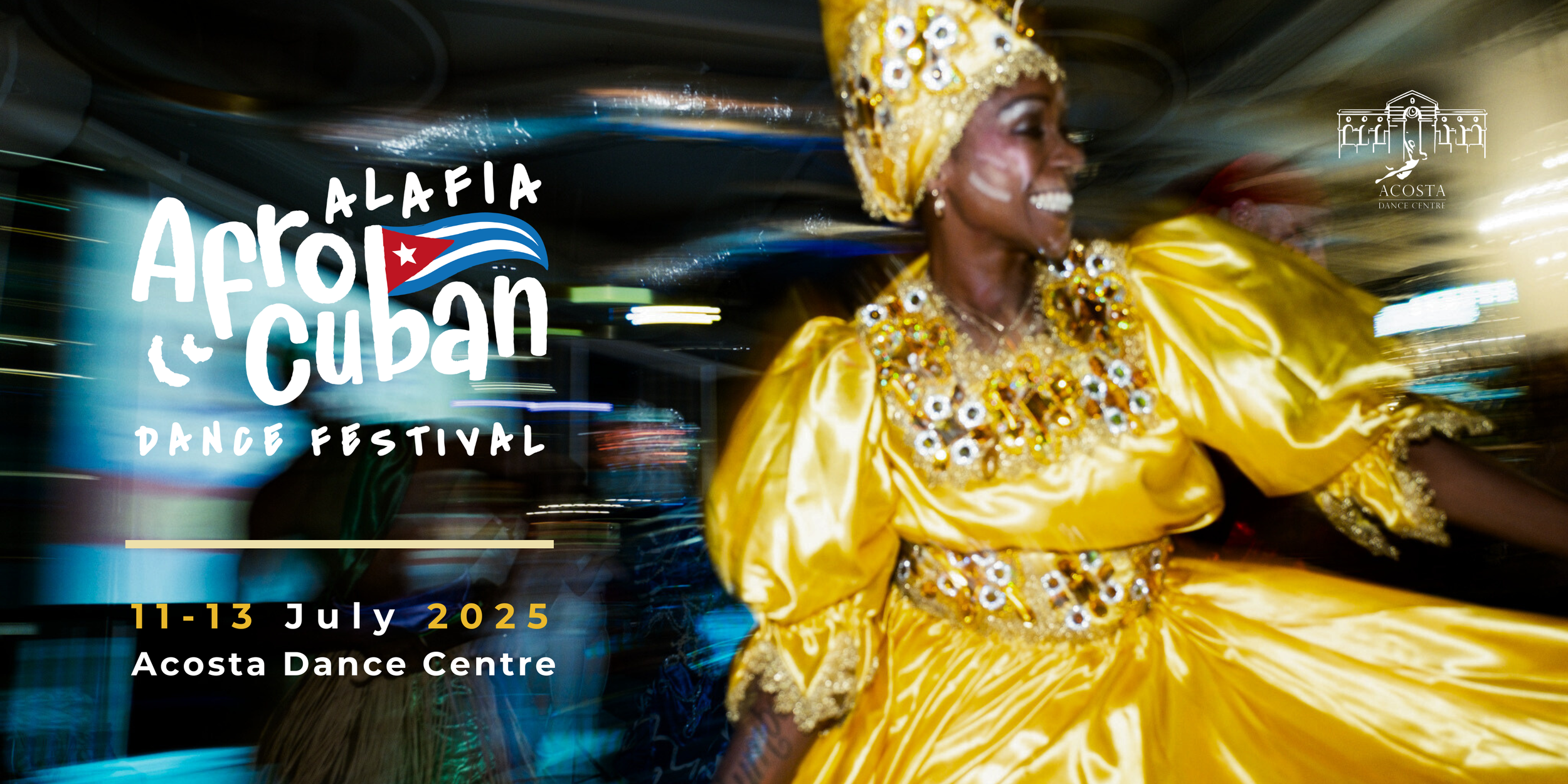Doctor Marie Léticée-Camboulin: An Afro Caribbean Woman Who Knows Her History
Photo courtesy of Dr. Marie Léticée-Camboulin
written by Yasmina VICTOR-BIHARY
A doctor, writer and teacher Marie Léticée-Camboulin is a staunch promoter of French Caribbean history and identity exploration. Léticée was born and raised in Guadeloupe and remains passionately connected to her birth land, where her mother still lives.
At a young age, she took a liking to English and as a result, landed in Birmingham, where she studied and practiced English for three years while working as an assistant at school.
“I was 19 when I left Guadeloupe for the first time. I wanted to become a stewardess or bilingual secretary and I thought it would be easier in France. Being in Europe, I could travel and visit England, Spain and practice both languages,” Léticée said.
[Additonal Read: Black HERstory Month: 5 Caribbean Women Who Paved the Way]
After Birmingham, she took the opportunity to go to Florida, where she pursued writing and teaching.
“I liked interacting with students. I decided to stay and live in the U.S. The best way for me to do so was to keep writing. So I did. I had to study to get my degree in France and afterward got a degree from the University of Southern Florida.”
It was a step that solidified her 30-plus-year career as a French language and literature teacher.
Léticée went on to earn her PhD, which she passed with verve. In class, she introduces her students to Caribbean literature. Her thesis “Education, Assimilation and Identity. The Literary Journey of the French Caribbean,” was written as a part of her personal journey.
“I looked into a phenomenon that I had noticed in Guadeloupe: an identity crisis. An identity quest that seemed unsolvable, with an ideal out of reach, because we had been shaped from a French and European mold,” Léticée said.
Her research seeks to address the lack of representation of role models and details of daily life in the West Indies in school books.
“I am part [of the generation of West Indian] people who have learned that ‘our ancestors, the Gauls, used to live in wooden huts.’ It was my first lesson in class and I have never forgotten it.”
It’s an unfortunate observation that sums up a large part of her commitment to better representation and knowledge of her native island and its rich literary heritage.
Despite mastering English and French, Léticée’s path wasn’t easy. She didn’t pass her high school diploma the first time. Like many young people, she faced self-doubt and predicted failure. After a successful second try, she decided to study foreign languages. Her persistence to pursue learning both the English and French languages fluently has served as a powerful tool for bridging the French Caribbean education gap.
But Léticée is more than just an educator. She makes a point of highlighting her history, identity and culture outside of the classroom.
“My name is ‘Akosua Fadhili Afrika,’ Marie Léticée-Camboulin is my slave name. I don’t want to belong to Europe and I want to connect with my ancestors, who came from Africa,” Léticée said.
Léticée currently teaches language and literature and lives in Florida with her two kids and husband, who is also Guadeloupean. She proudly says, “[Our family is] a mix between Guadeloupe, Haiti, English-speaking West Indies and of course, America. We have two kids who were born in the U.S. and raised the West Indian way. ”
To learn more about Léticée’s academic work click here.





